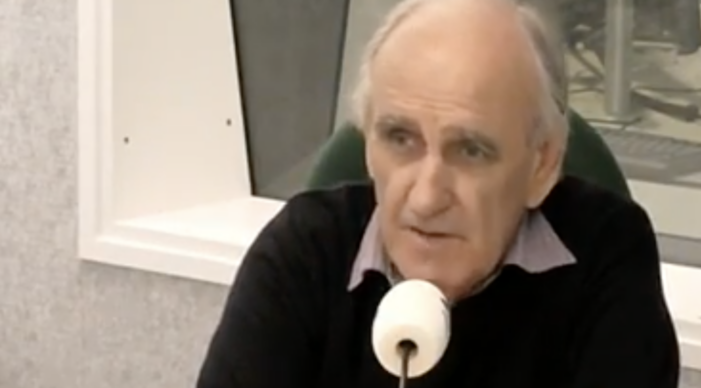
By introducing the rights of the victim in the criminal process, a path has been taken that undermines the administration of justice in criminal cases, according to criminal lawyer Jan Boone. ‘The law of the strongest becomes the norm.’
By Jan Boone
Around the middle of the 19th century, we abolished the pillory, because it was considered to be contrary to human dignity. The suspect who was pilloried was subject not only to mockery and spitting, but also to beating, kicking and throwing stones. Prior to an execution, the suspect was even exhibited at the pillory, so that the general public could abuse him again.
By introducing the right to speak for victims, we have again taken the pillory out of the stable and victims are allowed to verbally molest the suspect to their heart’s content. It is remarkable that the judiciary at the time took this into account when sentencing if the suspect had been in the pillory. Victim rights have now gone so far that the legislator believes that the suspect must be present during the verbal abuse of the victim.
The judge should decide
Apparently the court’s decision, by imposing a prison sentence of often years on the suspect, is insufficient for the victim as revenge for the suffering caused by the suspect. This seriously undermines the previously respected ruling of the court. Assisted by lawyers, the victims, who make use of their right to speak in court, formulate texts that are apparently intended to influence the judge.
The Dutch judge cannot be manipulated, but it cannot be ruled out that the right to speak will affect the judge. A lawyer, who repeatedly speaks in the media about the importance of the victim impact statement, cited a case in which the victim (read: his lawyer) had provided information that led the court to convict the suspect, while without that information the suspect would probably have gone free, due to self-defense.
It seems that there is no way back from the regulation in which victims have the right to speak, so the question arises whether the judge should include these tirades against the suspect – even before he has been convicted – in the sentence by imposing a lesser sentence. This shows the judge that he is the boss. We must be careful with a criminal justice system in which the judge determines the response to a crime, not the victim and his lawyer.
Farmer protests
As a result of the undermining of the authority of the judicial decision, the feeling has arisen in society that the judge’s decision should not be taken into account. As a result, everyone believes that he is right as soon as he thinks he is a victim of any injustice.
A strong example of this thinking are the demonstrations of the farmers, who believe that they are allowed to demonstrate without limits. The farmers never had the feeling that they were engaged in criminal actions and therefore never thought for a moment that the judge might pass judgment.
Since it is to be feared that the victim scheme can no longer be reversed, we must take into account a situation in which the authority of the court decision has been reduced to a situation in which the law of the strongest becomes the norm. In other words, the norm as we know it from dictatorships.
Legislation that gives victims the right to speak, and the way in which this is exercised, undermines the authority of the courts and therefore undermines the rule of law.
(Jan Boone, is a criminal lawyer. This piece was previously published in Het Parool)




